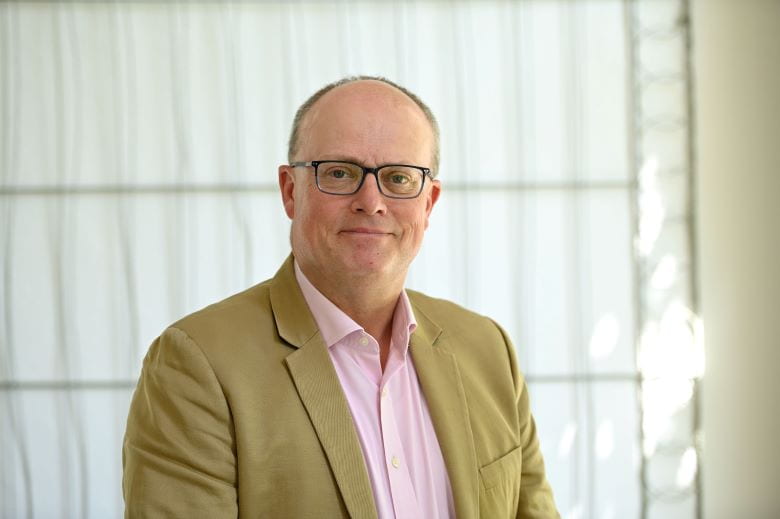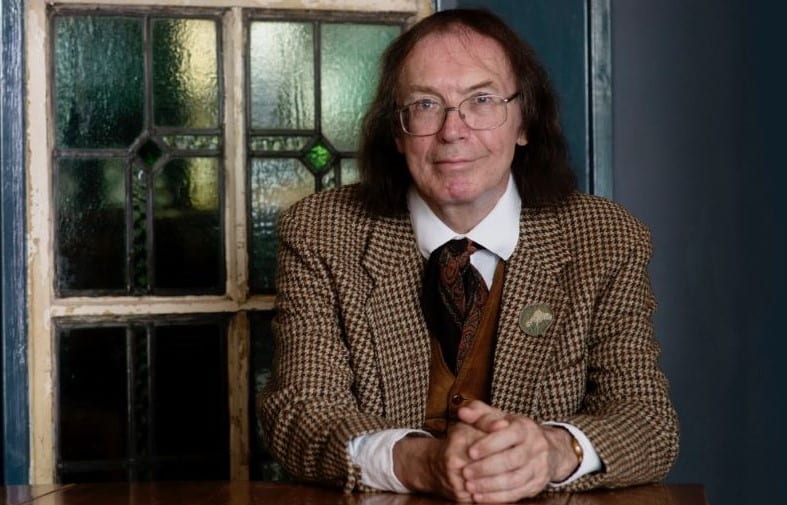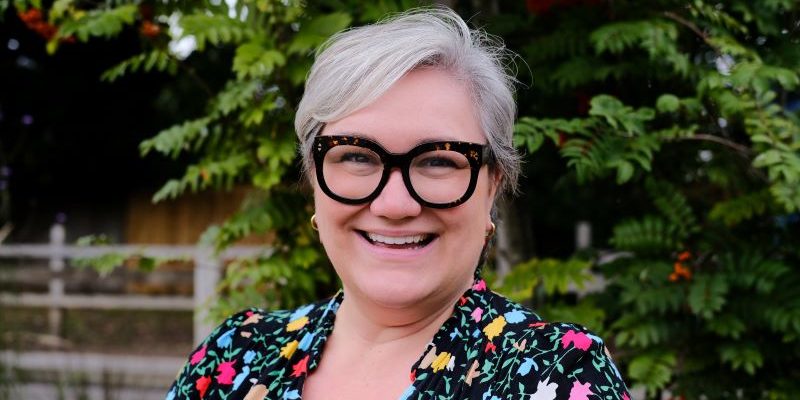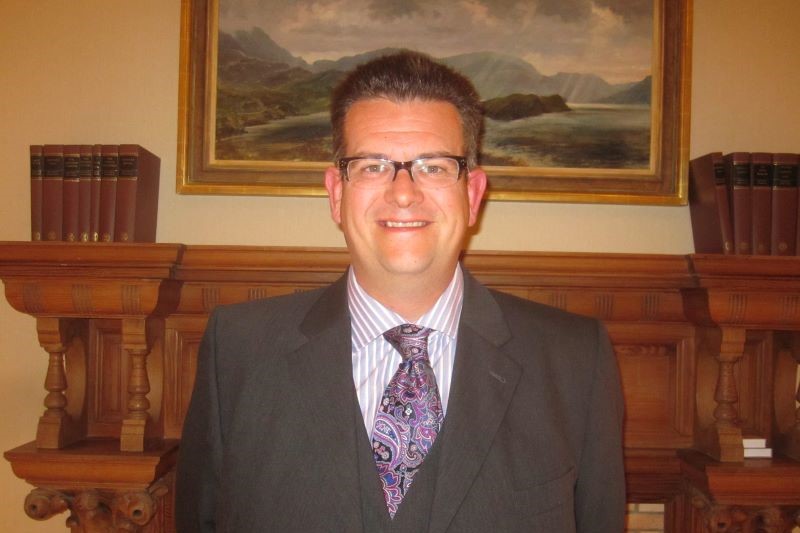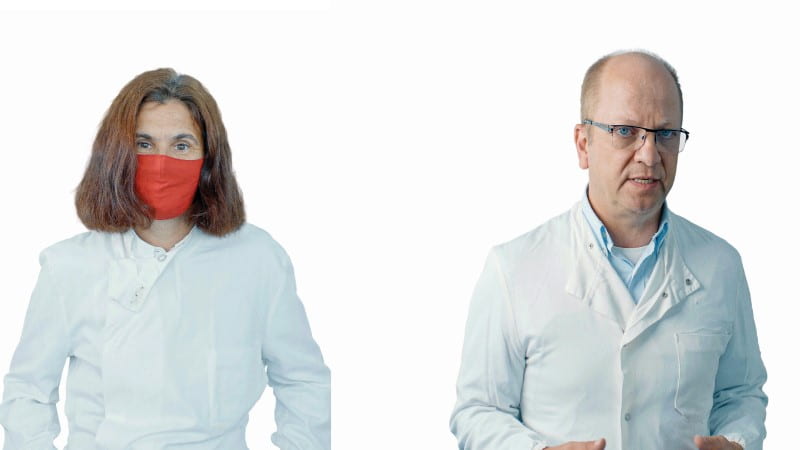a
Dr Valerie Marett MBE, (BA 1950, Cert Ed 1951) 93, has crystal clear memories of her time at Bristol, where she took up her place to read History in 1947, not long after the end of the second world war.
Resplendent in a bright sweater which was a gift from her late husband (Dr Marett refuses to wear the ‘uniform’ of a white cardigan, which is prevalent in her residential home) she tells us of her time at Bristol.
Dr Marett came to Bristol from a state grammar school in her native Wales and found herself surrounded by ex-service personnel and pupils of independent schools. She liked Bristol because it wasn’t the University of Wales where other members of her family had gone. At that time her halls of residence (Manor Hall) were female-only, headed by the warden Miss Morgan. Because of the austere conditions in post-war UK, she vividly recalls the gasps from her fellow students when one young woman appeared ready for a ball in a Christian Dior New Look dress, glowing from her holiday on a film star’s Caribbean yacht. Dr Marett appreciated the supportive atmosphere at Manor Hall, as at that time only 5% of the student population was female. For her, the drama students and those involved in their productions were the life and soul of the University at that time, in particular a Gerald Lloyd-Williams (Sub Lt), who had served in the navy during the war.
(more…)



